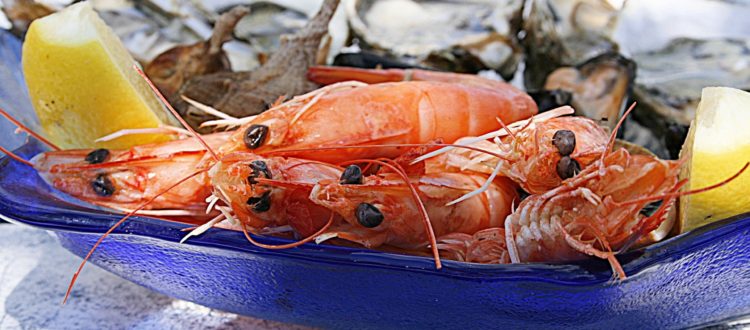
The Food Safety Information Council today reminded Australians to take an insulated container with ice packs or ice when picking up their Easter seafood
Cathy Moir, Council Chair, said that Australia has a well-deserved reputation for high quality and safe seafood. Commercially produced seafood in Australia and imported seafood must adhere to strict quality controls, but that only goes as far as the checkout. As consumers we also need to our part to keep it safe after purchase.
‘Easter sees the greatest quantity of seafood sold in Australia so at this busy time consumers need to remember to transport their seafood home from the retailer in an insulated container with ice packs or ice. This will not only keep your seafood fresher, it will prevent the growth of bacteria that can make you sick.
We have issued 6 simple tips to reduce your risk of food poisoning from seafood you purchase to help keep it safe this Easter:
- Only purchase your seafood from a reputable registered seafood supplier and check it is visibly fresh and is displayed chilled.
- Try to get your seafood home as quick as possible in an insulated container with enough ice packs or ice to keep it chilled.
- Once home put seafood in the fridge in a covered container and make sure your fridge is running at 5°C or below. Live shellfish, such as oysters, should be kept on ice and consumed as soon as possible after shucking.
- Consume prawns as soon as possible after purchase, while they are at their best and use other refrigerated seafood within 2 to 3 days.
- If the seafood is going to be cooked this will kill most bacteria. If you choose to consume seafood raw, there could be a slight food safety risk. For example raw oysters or lightly cooked oysters, sushi, sashimi have all caused illnesses. You will need to be particularly careful and hygienic when preparing these raw foods and also handling pre-cooked seafood such as cooked prawns. Any fish which will be eaten raw should be frozen first to kill any parasites that might be present.
- Seafood eaten raw or ready-to-eat cold cooked prawns or cold smoked salmon are not recommended for pregnant women, people with reduced immune systems or the elderly because of the risk of Listeria.
See more information of seafood safety and remember including 2 to 3 serves of fish or seafood each week in your diet is an excellent advantage to health and longevity.
Media contact: Lydia Buchtmann, Food Safety Information Council, 0407 626 688 or info@foodsafety.asn.au

